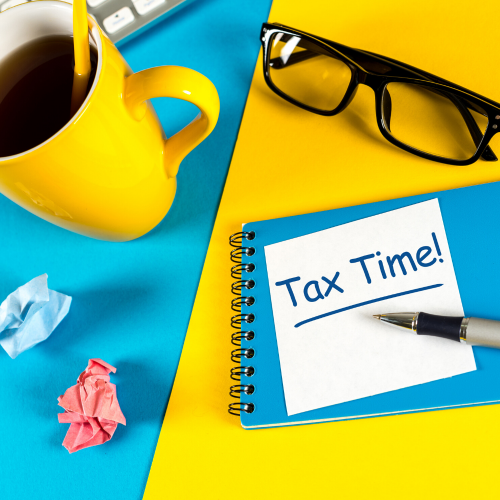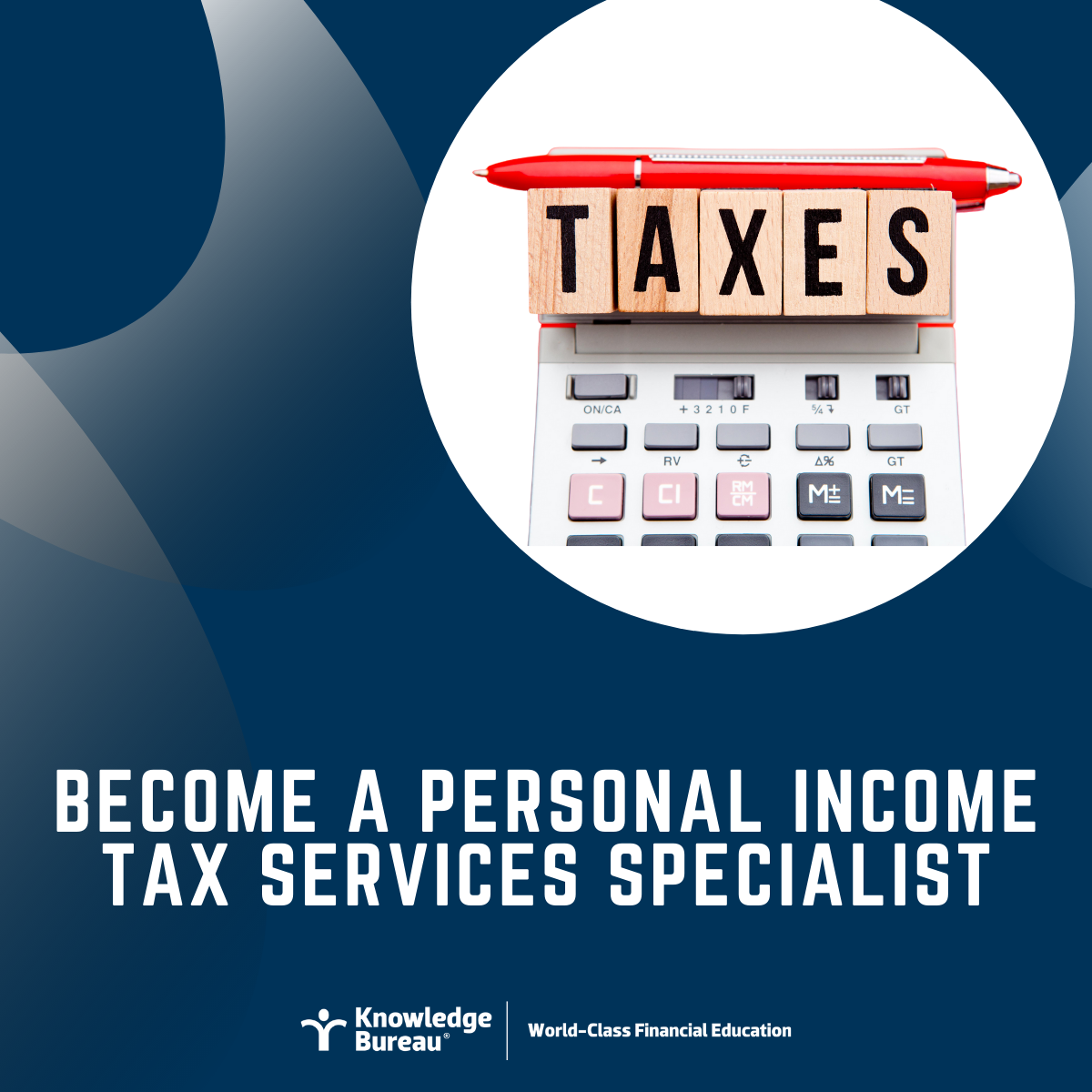Last updated: February 10 2021
Tax Quagmire: Tough to Comply with a Moving Target

Evelyn Jacks
The federal government has changed its mind: at least some of the self-employed people who received the Canada Emergency Response Benefit (CERB) based on erroneous instructions from CRA no longer have to repay the benefits. But the heavy audit response following the pandemic emergency provisions has resulted in a tax quagmire for many. Tax specialists can help.
This February 9 announcement, like many others made on the fly over this past year, comes months after over 441,000 people got “education letters” before Christmas, requiring repayment before December 31, 2020. Understandably, this was a source of extreme stress to those who thought they were rightly entitled to the money and had confirmed it with the CRA.
The CERB payments, available to a maximum of $14,000 if claimed for all periods, was based on the requirement to have earned $5,000 in net income. Unfortunately, CRA was not clear on the matter on either their website or their phone lines. It turned out they meant net income.
In an article in the National Post this week, CRA confirmed officially that call centre agents were given incorrect information that CERB eligibility was based on gross income; information which was shared mistakenly with taxpayers who inquired about their eligibility. The message from CRA was subsequently changed a few weeks after the program started, but this wasn’t really clarified broadly until December, around the time the unfortunate letters appeared.
“The Government of Canada acknowledges that communications on this topic were unclear in the first days after the CERB was launched. This includes both the CERB webpages, and the  information provided to call centre agents,” the CRA said in a December statement. “We regret that this lack of consistent clarity led some self-employed individuals to mistakenly apply to the CERB despite being ineligible.”
information provided to call centre agents,” the CRA said in a December statement. “We regret that this lack of consistent clarity led some self-employed individuals to mistakenly apply to the CERB despite being ineligible.”
Here are the clarified rules, announced February 9: “self-employed individuals whose net self-employment income was less than $5,000 and who applied for the CERB will not be required to repay the CERB, as long as their gross self-employment income was at least $5,000 and they met all other eligibility criteria.”
Now, what happens to those who have already repaid their benefits, based on the December letter? This would be those self-employed individuals whose net self-employment income was less than $5,000. In this case, rest assured, the CRA and Service Canada will return any repaid amounts to taxpayers. Additional details, according to the news release will be available in the coming weeks.
Confusing, yes? Taxpayers in these situations may benefit from visit a DFA-Tax Services Specialist™ to sort out the filing requirements. Interest rate relief was also announced this week. It will be provided until April 30, 2022 for those who have a balance due with CRA as a result of receiving pandemic relief payments. It may take several tax years to straighten out the payments, repayments, income and expense reporting and ensure the interest charged to taxpayers on any tax debt is correct.
Was this the right decision? My take is yes. This series of events speak to the difficulty of creating and changing tax law on the fly, especially by daily news releases and/or website updates.
The ideals of a tax system based on self-assessment and compliance are fairness, equity, certainty and simplicity. When tax law or interpretations of the law are written and amended on the fly and in retrospect, the result is uncertainty. axpayers cannot comply with a tax regime that is uncertain and which they can’t understand. This brings with it unnecessary complexity and compromises goals of fairness and equity.
For the taxpayer, the consequences of non-compliance are real: they include penalties, exorbitant compounding interest charges, and in severe cases, jail time.
As long as the burden of proof rests with the taxpayer, together with all the responsibility to file very complicated tax returns correctly and on time, the government must strive to facilitate the four ideals of a self-assessment system. For these reasons, it was the right decision for the government to back down on this issue.
Additional educational resources: Get credentials that will make you an invaluable resource for those in need of highly specialized tax help during and in the wake of the pandemic. Enrol in the DFA-Tax Services Specialist™ Designation Program today.

